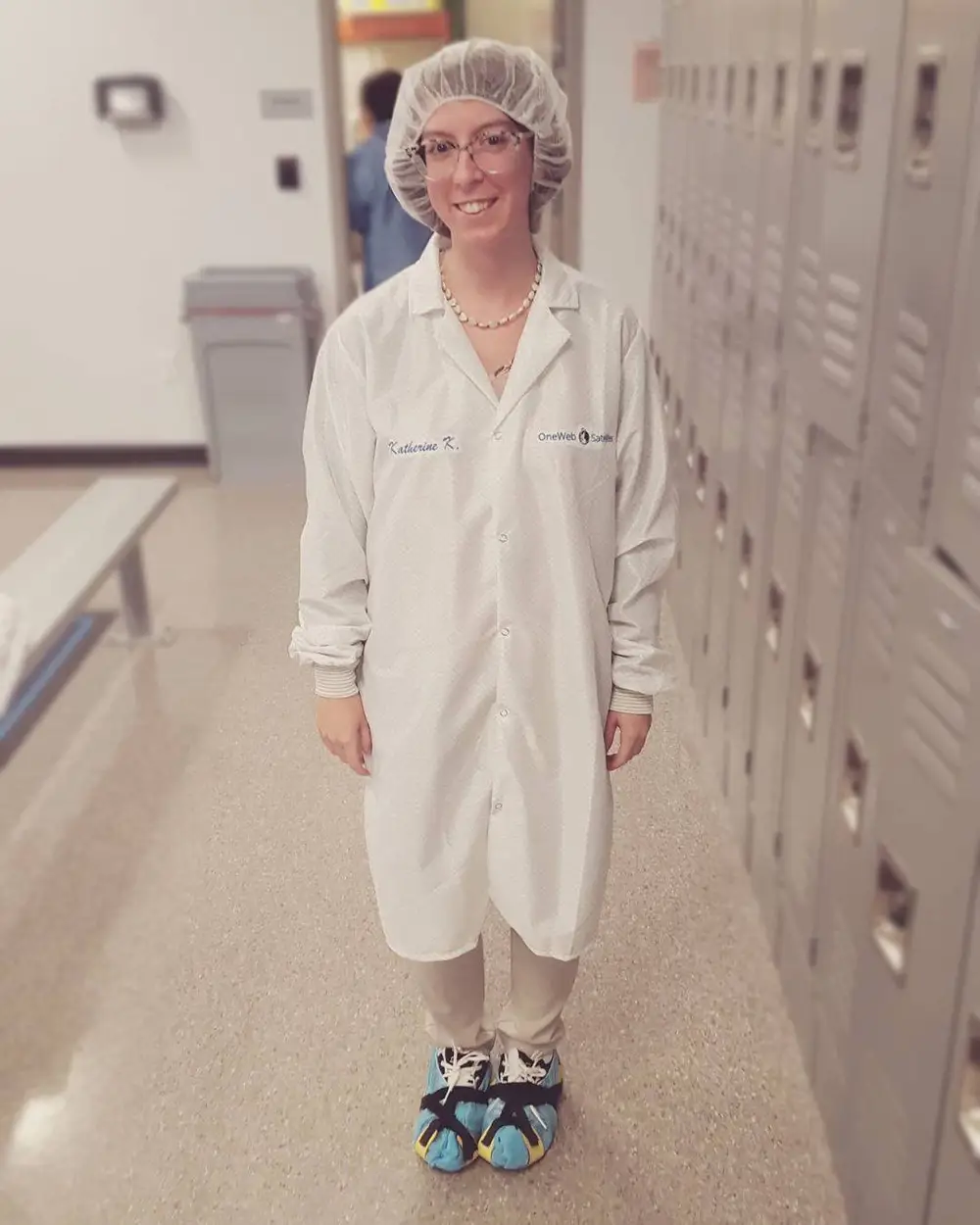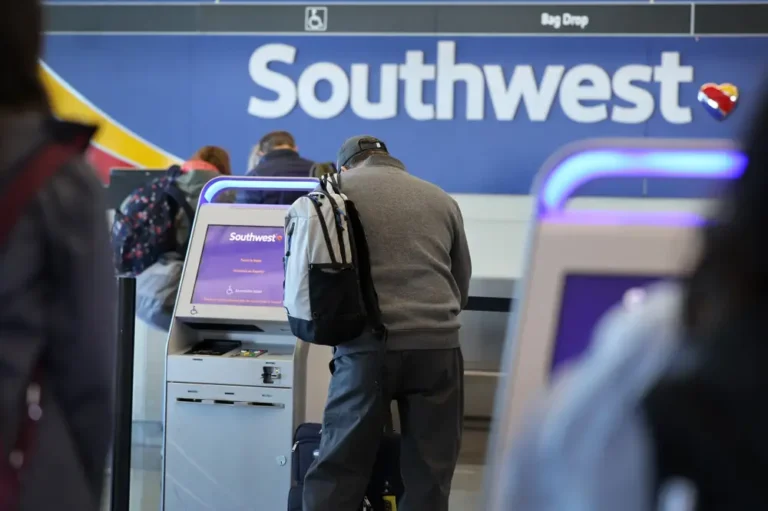I left teaching to go back to school and learn to launch satellites. It was the right move even though it didn’t make me significantly happier.

My family fully supported my decision to leave teaching but didn’t like how sad I was to no longer work with children.
It was 7 a.m., and I was sitting on top of my coworker’s shoulders, trying to retrieve a teddy bear that someone had thrown into the rafter holding the second stage of the Saturn V rocket.
At the time, I was a teacher at the Kennedy Space Center Visitor Complex being paid less than $12 an hour.
Though I loved children, teaching, and the opportunity to work with famous figures like Al Worden, the Command Module Pilot of Apollo 15, I felt undervalued.
My job was like juggling bowling pins on fire
Working at one of the coolest places on Earth wasn’t as marvelous as it seemed.
One day, a kid vomited on one of my coworkers while another peed in the stairway.
Another time, a coworker snapped that students “weren’t allowed to have fun” because she was under so much stress.
The stressful environment didn’t help with the fact that I was battling a recent diagnosis of chronic Lyme disease.
On top of navigating my daily symptoms like extreme joint pain and brain fog with international students, unhappy chaperons, unhappy managers, and plenty of children — it was like juggling bowling pins on fire.
Something had to change, but I didn’t know how until astronaut Nicole Stott gave a presentation about her career at the space center.
An astronaut inspired me to quit teaching
Nicole Stott came into my life the moment I needed her the most. She inspired me to finally hand in my work uniform and chase a new dream.
In the beginning, I wanted respect from the space center but ultimately realized that what I really wanted was to respect myself.
I decided to pursue an aerospace technical certificate to follow in the footsteps of the astronauts I met while working at the space center.
It was the only thing that made sense to me.
A few weeks later, I was at the local community college, filling out the paperwork to join the program. I received financial help from FAFSA and paid little out of pocket.
I spent the next year and a half starting over again.
I had 100% support on making the change from all fronts. However, it pained some of my family members to see how sad I was, no longer working with children.
I was only somewhat happier
I built myself up by working with my hands. I learned how to use a tap and die set, repaired a hole in my composites class, built a box out of metal, and crafted an airplane wing.
One year after starting the program, I joined OneWeb Satellites as a Radio Frequency technician — testing 73 internet satellites that would go into geosynchronous orbit to provide internet to children in rural areas that had little or no online access.
My family was so happy to see me in a job that gave me more respect and healthcare. It also brought me closer to my family line since my grandfather worked on the instrumentation unit for the Saturn V rocket.
I clocked in six days a week and helped with two missions during my time at OneWeb. However, it only paid $8 more an hour than what I was making as a teacher and I was only somewhat happier.
I’m still glad I made the switch
I feel both grateful and regretful for leaving teaching to go launch satellites.
In the long run, aerospace prepared me for a journey of working higher-paying roles in tech.
On the other hand, I dealt with severe depression while working on a mission that was very important to me.
The juxtaposition of those feelings, along with dedicating six days a week to the missions, was difficult.
I still think of an alternate universe where teachers’ pay reflects the indispensable jobs they do.






